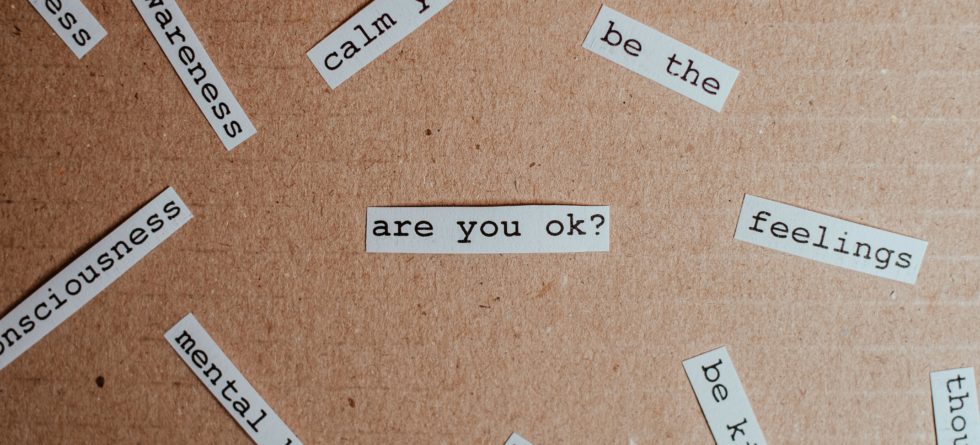People with low emotional intelligence (EI) may exhibit behaviors and attitudes that reflect their difficulties in understanding, processing, and managing emotions—both their own and those of others.
While the manifestation of low EI can vary from person to person, common behaviors include…
Difficulty Recognizing and Understanding Emotions
- Limited Self-awareness – They might struggle to identify their own emotions or understand why they feel a certain way, often misinterpreting their feelings.
- Misreading Others’ Emotions – They may have trouble recognizing or misinterpret the emotional states of others, leading to misunderstandings.
Challenges in Managing Emotions
- Poor Emotional Regulation – Individuals with low EI often find it hard to control their emotional responses, resulting in inappropriate or exaggerated reactions to situations.
- Impulsivity – They might act on their emotions without considering the consequences, leading to decisions or actions they later regret.
Ineffective Communication
- Lack of Empathy in Communication – Their interactions may come across as insensitive or self-centered because they struggle to appreciate the feelings of others.
- Difficulty Expressing Emotions Constructively – They may not know how to express their feelings in a healthy or appropriate manner, leading to passive-aggressive behavior, outbursts, or withdrawal.
Problems with Social Interactions
- Misunderstandings and Conflicts – Difficulty in reading social cues and managing emotions can lead to frequent misunderstandings and conflicts with others.
- Limited Relationship Skills – They may have trouble forming or maintaining close relationships due to a lack of empathy, understanding, and emotional support.
Poor Stress Management
- Overwhelmed by Stress – People with low EI might easily become stressed or overwhelmed because they lack strategies to manage their emotions effectively.
- Avoidance of Emotional Situations – To avoid discomfort, they might steer clear of situations that could evoke strong emotions, limiting their experiences and growth.
Defensive Attitude Towards Feedback
- Resistance to Criticism – They often respond defensively to feedback or criticism, viewing it as a personal attack rather than an opportunity for growth.
- Lack of Self-reflection – There may be a reluctance or inability to reflect on their behavior and consider how their actions affect others.
Lack of Adaptability
- Struggle with Change – Individuals with low emotional intelligence may find it particularly challenging to adapt to new situations or changes, showing rigidity in their thoughts and actions.
Emotional intelligence is not an innate trait but a set of skills that can be developed over time. Recognizing the signs of low EI is the first step toward growth. People with low emotional intelligence can work on improving their EI through self-awareness exercises, emotional regulation strategies, empathy training, effective communication practices, and seeking feedback from others. With effort and dedication, it’s possible to enhance one’s emotional intelligence, leading to better personal and professional relationships and overall well-being.







